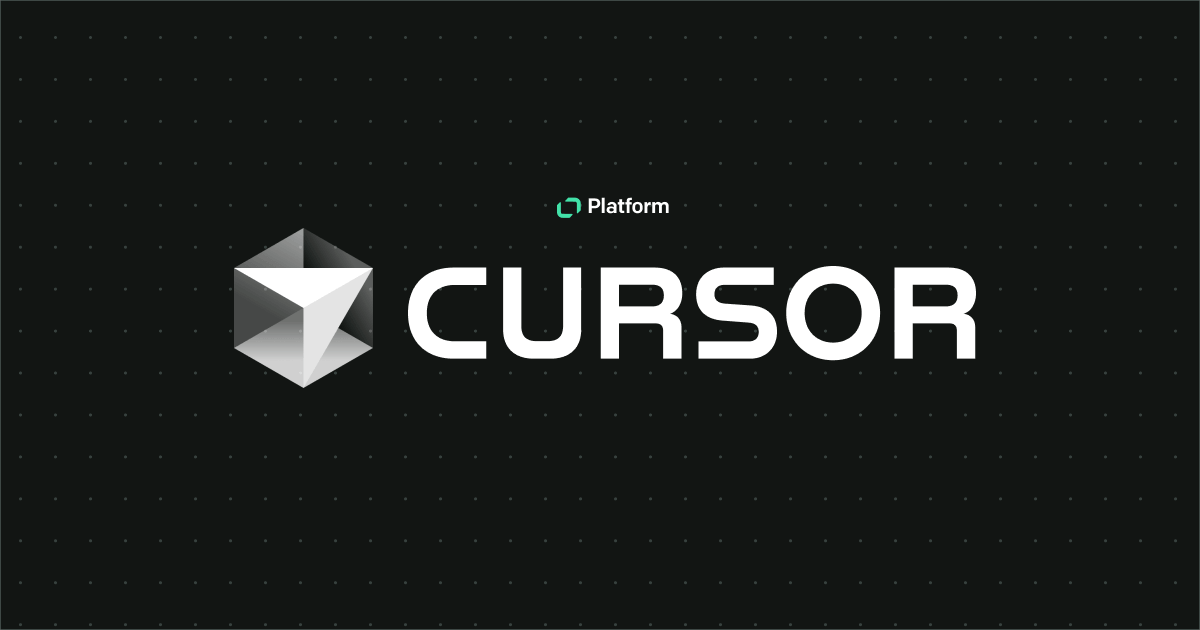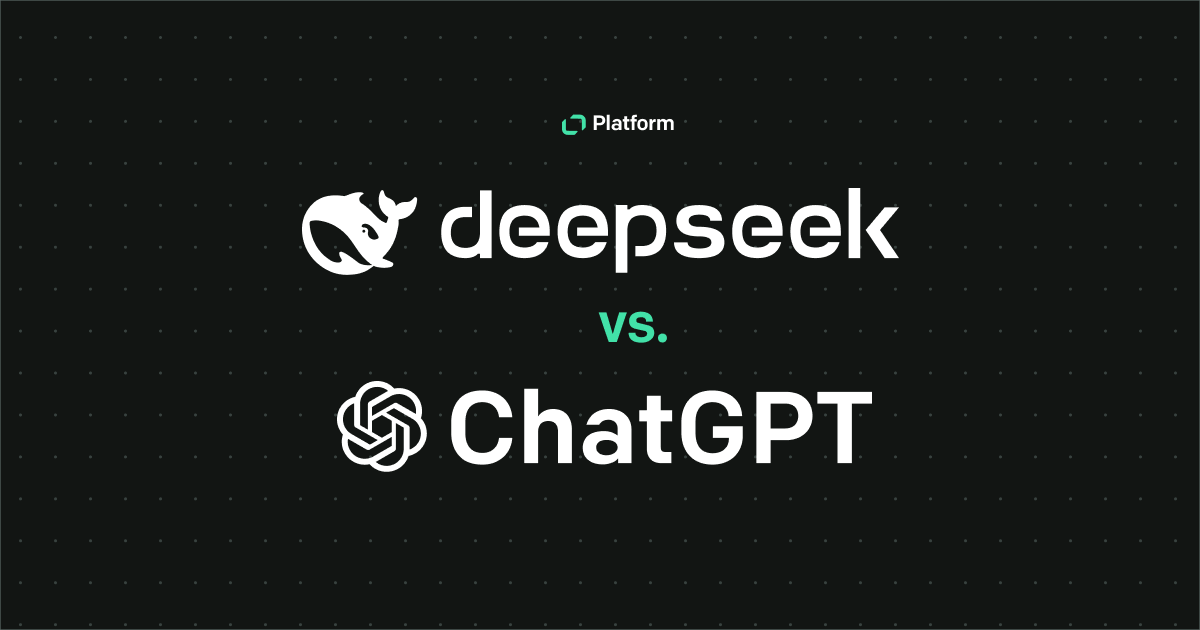The rapid growth in data science and computer science makes it harder for anyone to select one field for their career. In this guide, we will see a head-to-head comparison of data science vs. computer science.
We'll start with a basic overview of data science and computer science and later cover all other important factors, including skills, education, job profiles, salaries, and future scope.
1. Overview
While both fields look similar, they have their differences. This section only covers the basics of both to get a general idea about the technologies.
What is data science?
Data science is the field of extracting meaningful insights from large amounts of unstructured data. It involves extracting data from large datasets using statistical and mathematical methods combined with programming.
The main goal of data science is to filter out data for better visualization and to make data-driven decisions.
What is computer science?
Computer science is a broad field with many subsets, from algorithms to software development. Fields like design, computer architecture, network security, development, and even manufacturing of computer instruments are a part of computer science.
Modern-day computer science mostly focuses on software engineering. Computer science graduates have a broad range of career opportunities in software development, IT consulting, cybersecurity, and systems engineering.
Computer science aims to build software systems and applications and improve network security.
2. Focus and applications of data science and computer science
Now that you know the broad strokes, let's start differentiating between these two. To understand the difference, we need to learn about what these fields focus on and what the end product is.
What exactly are these fields trying to focus on?
- Data science focuses on making data-driven decisions by extracting the right information from the data. The field is solely focused on the data itself.
- Computer science focuses on understanding computer algorithms and programming to build applications. It also includes the theory of computers.
Real-life applications
Both data science and computer science have various applications in real life and many industries. While computer science has a broad variety of applications, data science is limited to certain types of data-related applications.
- Data science is widely used in industries with a higher volume of data. These include healthcare, ecommerce, finance, marketing, and more. The top real-life examples include customer analytics and predictive modeling. These applications use a large set of raw data and convert it into meaningful insights.
- Computer science covers a vast majority of the industries. All the industries that utilize tech can fall into computer science. Top applications for computer science include software development, system designs, network security, and many more. The development of an ecommerce website, its security, and even the software used to manage the ecommerce falls under computer science.
3. Required skills
While both of these fields are different from each other, they share a lot of similarities. Up to a certain point, both of these jobs require the same skills.
Coding knowledge and playing around with algorithms are some of the fine examples of common skills. Programming languages, such as Python and R, are crucial in both data science and computer science for statistical analysis, data visualization, and machine learning.
Skills for data science
To master data science, mathematical and statistical knowledge, along with coding knowledge, is a must. If you're not good with numbers, data science is a difficult task to complete. Here are a few examples of the must-have skills for data science:
- Statistical analysis: You need to have the statistical and mathematical knowledge to learn about methods and interpret the data.
- Machine learning (ML): Machine learning requires you to train a specific model based on the algorithm. The end goal is data prediction. So, you will need coding, mathematical, and algorithm knowledge to learn about ML.
- Data visualization: Usually, data visualization is easy as long as you have the right idea to interpret data. The skills include learning about specific tools similar to Excel. Tableau is one such tool.
- Programming: For data science, you may also need to learn ML and some coding. Python and R are two popular languages.
- Big data technologies: Technologies like Hadoop and Spark help understand big data.
- Understanding and building APIs: APIs allow you to connect multiple applications easily. As data science is all about collecting data from various sources, APIs are a key element of data science.
Skills for computer science
Unlike data science, skills in computer science will vary depending on the job role you choose. Computer science students develop a distinctive way of thinking, which can sometimes make it difficult to adapt to a more probabilistic mindset in the field of data science.
There are multiple types of skills you will need to master to become a full-stack engineer while there are quite limited skills to master if you wish to become a master of specific programming language.
- Programming: The core skill needed for computer science is programming. Knowing technologies like Python, R, Java, JavaScript frameworks, etc. will be helpful.
- Algorithm and data structure (DS): Algorithms and data structure are the base of computer science. To accelerate your career, you need to first clear out DS and algorithms.
- Network and security: The basic knowledge of network and security is needed for all computer science roles. However, you will only need network and security skills if you choose to become a network engineer or a security professional.
- System and design: Understanding networks and databases and creating software architecture are some of the other helpful skills you will need if you wish to work, for example, as a system architect.
- Job-specific skills: Computer science is a huge field that involves thousands of skills you can master. The core computer science degree covers an overview of all these skills. You can then choose the path that is right for you.
4. Job roles
Data science and computer science have multiple job roles. For a head-to-head comparison, computer science offers multiple job roles compared to data science. So, computer science is preferable if you want to unlock more opportunities. However, data science offers specific roles that you can accelerate.
Job roles for data science
Data scientist: A data scientist is one of the most lucrative job roles in today's market. Data scientists develop models and algorithms to turn raw unstructured data into valuable insightful data. You need to know statistics, coding, algorithms, and data visualization.
Data analyst: Data analysts analyze data to identify trends and patterns from it. Core programming knowledge is not needed for data analysts. However, learning about programming is a helpful skill as coding is helpful.
Machine learning engineer: ML engineer designs and builds models. As they work directly with the models, the core skills needed include knowledge of programming and algorithms.
Business intelligence analyst: For an entrepreneurial mindset, a BI analyst is the perfect role. The main job role includes turning raw data into decision-making insights. These insights help business owners make informed business decisions for growth.
Job roles for computer science
As we mentioned before, computer science is a broad field that offers multiple opportunities. It teaches you a basic overview of all the subjects. You can pick a few and make a career on that. We will first check the top job roles available in computer science. Thereafter, we will talk about the extra opportunities.
Software engineer: A software engineer is responsible for building software and web apps. A full-stack software engineer manages the entirety of the website's front end and back end. The job role is fully based on programming and frameworks.
Network administrator: They are responsible for managing and maintaining an organization's network infrastructure. Knowledge about things like operating systems and commands is helpful for the network administrator.
Database administrator: Each website and software needs a database. A database administrator manages the database. You must be knowledgeable in MySQL, PostgreSQL, or other database management systems for this job role.
As a computer science engineer, you can choose from multiple job roles. For graphics, there are job roles like graphic designer, UI/UX designer, and video editor. You can also go with other software engineering-related related roles such as testing engineer and system architect.
5. Learning and approach
The battle of data science vs. computer science will start from a similar starting point. A master's degree is beneficial for both of these fields. You will also need to get the computer science fundamentals cleared in both (usually the bachelor's degree).
We have already learned about the skills needed to master each field. We will now focus on the main areas and differences in learning for data science vs. computer science.
The learning curve of data science
Here are the main areas of data science. These are the core topics of your data science degree. We recommend checking the exact course curriculum to learn about the specific modules.
Data collection and processing: Unstructured data is collected from various sources using a process called web scraping. The data cleaning process ensures the data is ready for analysis. Data mining is one of the fields where you are solely responsible for collecting the data.
Data analysis: Also known as statistical analysis, it's the process of identifying patterns, correlations, and trends with the data. A few methods used for the analysis include hypothesis testing and regression analysis.
Machine learning: The data is then fed to the algorithm for the machine to learn itself. Supervised learning and unsupervised learning are used to ensure models are trained perfectly.
Domain-specific knowledge: The data science degree further covers the learnings of the industry and real-life data examples to understand and learn with the data.
The learning curve of computer science
A computer science degree covers multiple topics depending on the university you choose. While choosing computer science, it's of utmost importance to check the course modules to ensure that you're learning the right topics you want to make your career in.
Theory of computer science: Computer science also focuses on theory. So, you will learn the basics of computers, which also covers subjects like operating systems and compiler design.
Algorithms and data structures: The computer science degree begins with learning the basics of software. That's where you learn about algorithms and data structure.
Programming and software engineering: The next phase of the computer science degree focuses on programming and software engineering. As computer science covers all languages, you need to check the university's course curriculum to know more about which coding languages you will learn.
Cloud computing: Modern-day computer science topics also focus on cloud computing. Fields like DevOps fall under this category. You need a grip on Linux commands and operating systems to master cloud computing.
Non-coding computer topics: Multiple computer science areas don't focus on coding. This includes graphic designing, video editing, testing, etc. If you have command over SQL, database management is also a good path to walk on.
6. Data science vs. computer science salaries
If you're starting to learn data science from scratch or just about to start your computer science degree, you need to look at the job security and future scope of both these fields.
Data science job profile and average salary
A data scientist is undoubtedly one of the trending job profiles in today's market. With a data science degree, you can get a job as a data scientist or even as a data analyst.
The main job of the data engineer includes analyzing data and extracting information using various methods.
- The average salary of a data scientist: According to Indeed, the average salary of a data scientist in the US is $123K (as of June 2024), and Builtin reports suggest that the average salary is $125K. On the other hand, Payscale counts the average salary of a data scientist as $100K only.
- The average salary of a data analyst: Indeed says an average data analyst in the US makes around $78K, while Payscale suggests it is around $67K.
There are limited job options available as a data engineer. You can choose from data science, data engineers, data analysts, data mining engineers, and others. It's hard for a graduate to get their foot in the door as most companies are looking for experienced data scientists.
The salary is way more compared to a computer science engineer.
Computer science job profile and average salary
Computer science encompasses a vast number of jobs as well. One can start with a computer science degree and become a data scientist.
Most computer scientists become software engineers due to their high-paying job status and easy growth options. Computer science education covers most topics related to programming, computer systems, theory, operating systems, etc. So, it also allows you to unlock multiple job fields.
Let's talk about the average salary for each:
- The average salary of a software engineer: Software engineers make around $105K per year in the US, according to Indeed, while Payscale shows an average salary of $93K per year.
- The average salary of a software or a system architect: Indeed says a system architect makes around $140K a year, while Payscale also considers the same average of $139K.
On the positive side, you can get multiple roles and job opportunities. Most graduates start as software engineers and make their way to the tech lead. It's one of the easiest ways to scale up your career.
7. Will AI take your job?
There is no individual battle for data science vs. computer science in terms of AI integration.
Both have a bright future. As AI tools debut in the current market, more data processing is needed, unlocking more career opportunities for data scientists. The AI automatically does data mining while it gets trained. However, data scientists need to create a model for it.
The need for data is increasing daily. Businesses need to make informed decisions using the right data filtering, and most businesses are utilizing data analytics software. Therefore, it's safe to say that the future of data looks bright despite the rise of AI.
The same goes for computer scientists. An AI tool can act as a junior developer and help computer scientists in code generation, testing, and even bug fixing. So, computer scientist jobs are increasing as companies hire more software engineers to implement AI into their web apps.
Also, a data science degree (master's) can be done after completing the computer science degree. So, if you are planning to do your bachelor’s degree, you also have the data scientist option open.
8. How to start
Now that you know about the perks and differences between data science vs. computer science, we will discuss how you can start with one.
Learning about the field
You have two main options.
- Degree courses: You can start with a computer science or data science degree, where you will learn everything about the field. Depending on the university and the type of degree you choose, it will usually take two to four years to complete.
- Courses: Multiple courses are available in data science and computer science. You can learn about anything from data analysis to data engineering. Some of the popular online course platforms include Coursera, edX, Udacity, and Udemy.
Using the Text Platform to speed up your learning curve
Once you learn these skills, you need to practice them. The Text Platform offers a complete platform for helping you create perfect apps. As a developer, you get the SDKs and APIs to build multiple apps for your needs. Developers can use these as a base for their apps or create text-based applications.
Conclusion
To summarize, both data science and computer science are emerging fields. Data science has become a highly lucrative field if you are passionate about data analysis and love to develop algorithms. It's a high-paying job that requires more hard work than computer science. On the other hand, computer science has multiple opportunities related to software engineering, computer systems, etc.
There's no clear winner in the data science vs. computer science battle — the verdict depends on your own preference and needs.
The Text Platform helps you in both data science and computer science. Once you develop the apps, you can generate revenue by publishing your apps on the Marketplace.


